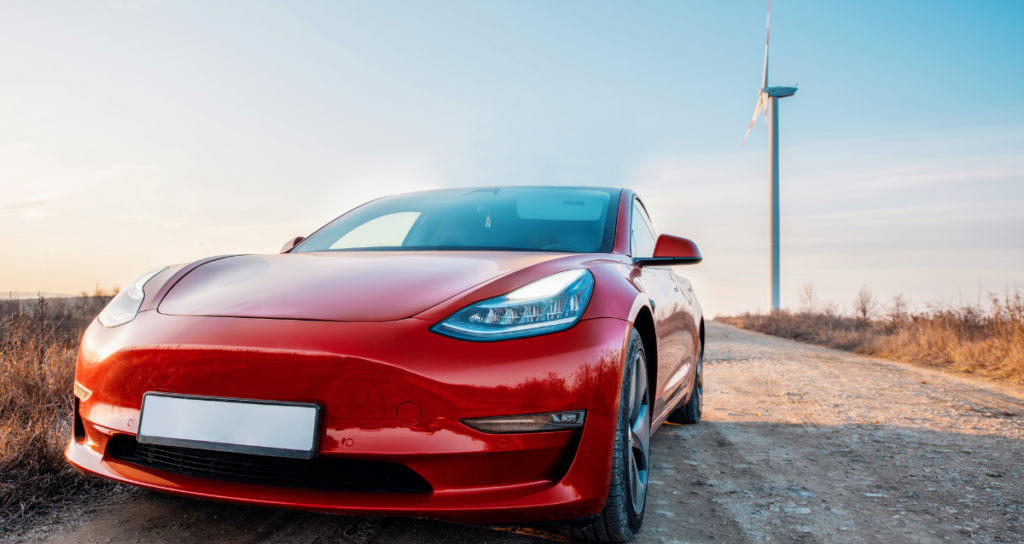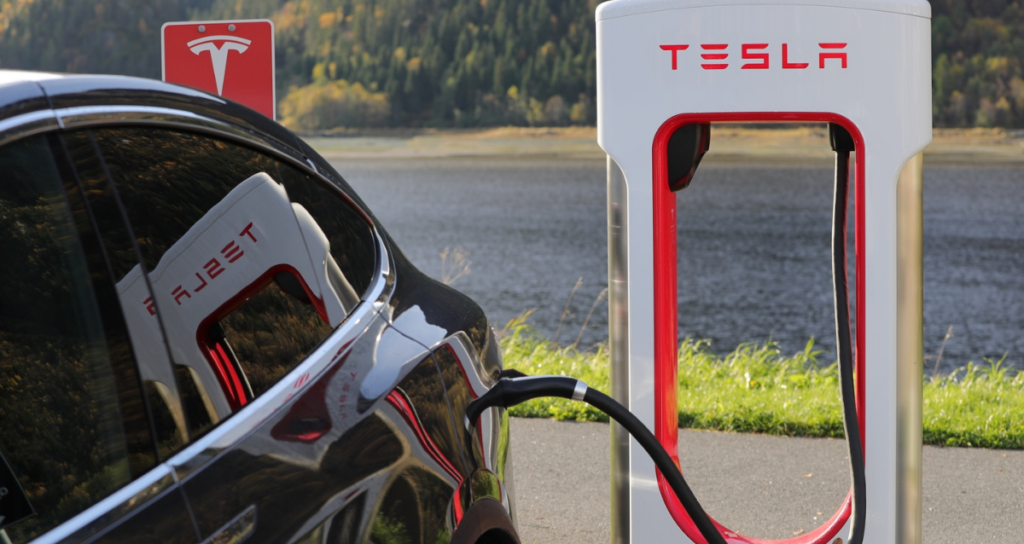Elon Musk, renowned for his successful ventures, has fundamentally reshaped the concept of founder-led businesses through his remarkable influence and dedicated following. Although the prevalence of founder-led models might raise concerns for emerging startups, Musk has defied the norm by amplifying its impact and actively nurturing the growth of Tesla.

Understanding Founder-Led Business
Founder-led business is a dynamic approach where the financial success of a company is intricately linked to the vision, charisma, and capabilities of its founder. In the early phases of a startup’s journey, founders don multiple hats, often taking charge of sales initiatives personally. Their direct involvement not only establishes a direct connection with potential customers but also lends authenticity and credibility to the brand. This hands-on approach goes beyond mere sales; it’s about conveying the passion behind the product or service, effectively translating into a persuasive narrative that resonates with customers. This personalized touch can instill trust and confidence, which is invaluable, especially in an era where consumers seek more than just products – they crave a story, a mission, and an experience. However, this founder-centric model also raises questions about scalability and the sustainability of such a strategy in the long run. As the company grows, finding ways to maintain the founder’s personal touch while expanding operations and customer base becomes a complex challenge.
Challenges of Founder-Led Business
Founder-led business models, while initially offering the advantage of personal involvement and visionary leadership, can gradually give rise to intricate challenges as the company evolves. The very qualities that propel a startup to success—founders’ direct involvement and hands-on approach—can inadvertently evolve into a double-edged sword. The constant juggling between operational tasks, sales, and maintaining customer relationships can impede the founder’s ability to focus on strategic initiatives like product innovation and long-term growth strategies.
As the business gains momentum and market share, the founder’s limited time and energy become increasingly stretched, potentially stunting the company’s capacity for innovation and adaptation. The core competencies that drove the company’s inception may fall by the wayside as administrative responsibilities surge, and strategic decisions demand attention. This shift can lead to a divergence from the dynamic approach that characterized the company’s early successes.
Tesla’s Founder-Led Approach
Elon Musk’s commanding influence has not only positioned him as the visionary leader of Tesla but also as a true orchestrator of founder-led dynamics that have propelled the company’s journey to unprecedented heights. His profound impact on the company’s direction is a testament to the potential of a founder-led approach done right.
This fervent support Musk enjoys from his followers forms a symbiotic relationship, with both his personal brand and Tesla benefitting immensely. His innate ability to capture people’s attention and stimulate meaningful conversations through his social media presence has become an indispensable asset in the world of modern business. By sharing insights, updates, and even occasional glimpses into his personal life, Musk has transformed his online platforms into powerful tools for rallying support, sparking innovation, and sustaining the founder-led ethos within Tesla.
Musk’s social media engagement does more than merely maintain his follower count; it serves as a dynamic mechanism for continuous feedback and dialogue. This iterative process empowers him to refine products, fine-tune strategies, and align company values with public sentiment. Every post he shares holds the potential to create far-reaching reverberations, solidifying his position as a thought leader in various domains beyond the confines of Tesla.
This iterative process empowers him to refine products, fine-tune strategies, and align company values with public sentiment. Every post he shares holds the potential to create far-reaching reverberations, solidifying his position as a thought leader in various domains beyond the confines of Tesla. As Musk’s influence extends into global conversations on technology, sustainability, and space exploration, it strengthens the founder-led approach by underlining the authenticity of his vision and fostering an ecosystem where his persona and Tesla’s success are inextricably linked.
Is Musk Synonymous with Tesla’s Triumph?
While Musk’s influence is undeniable, Tesla’s success is intrinsically linked to its products and strategies. This energy-focused enterprise has meticulously constructed a product portfolio that caters to diverse aspects of daily life, notably commencing with personal transportation.

Strategic Market Penetration
Tesla’s market entry strategy has been a pivotal factor in its triumph. Operating as an energy company, Tesla’s electric vehicles are a direct interface to end consumers in the realm of energy and a pivotal facet of everyday life—transportation. Although not a mass-market product, the Model S has facilitated Tesla’s journey toward achieving economies of scale.
The Power of Outstanding Products
The pinnacle of successful promotion is a top-tier product. Exceptional products naturally spur users to endorse and recommend them, thereby organically boosting brand loyalty and fostering repeat business.



